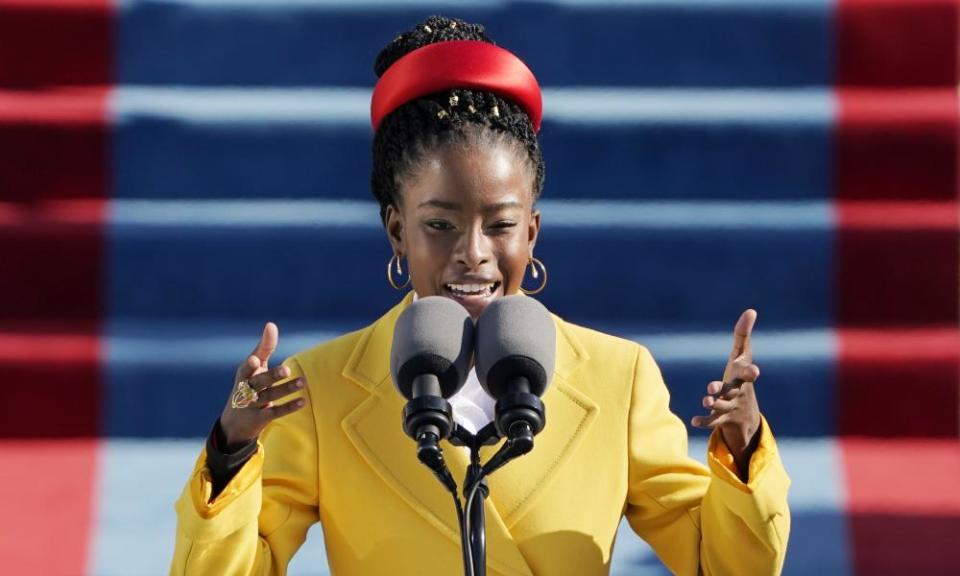Women’s voices are still not being heard

Out of 12 letters to the Guardian on Friday (Letters, 21 January), just four were by women. Out of 10 people name-checked, just three were women (Amanda Gorman, Dido Harding and a correspondent’s mother). If this is a typical scenario, the Guardian should ask what is deterring women. Does it have anything to do with the news prioritised? Are women put off by a facing page dominated by an aggressive and ugly political cartoon, almost invariably by a male artist? Or perhaps it reflects a malaise filtering from the top of society, where the government fails to put women in front of the public in the pandemic briefings.
It is obvious to at least 50% of us that the governing party, with only 24% female MPs, is not consulting half the population. That’s why we have the situation that Gaby Hinsliff describes (Covid babies don’t have to be the unlucky generation. But they must be helped, 22 January), where parents and children are isolated and neglected, and where announcements profoundly affecting young people are made at 8pm. However, the letters page need not reflect women’s inaudibility in the pandemic.
M Girling
Oxford

 Yahoo Finance
Yahoo Finance 